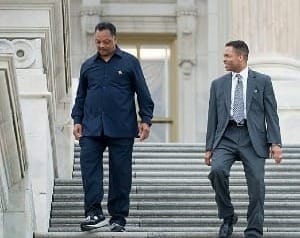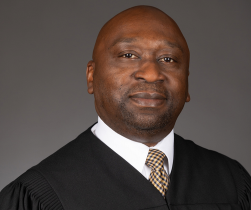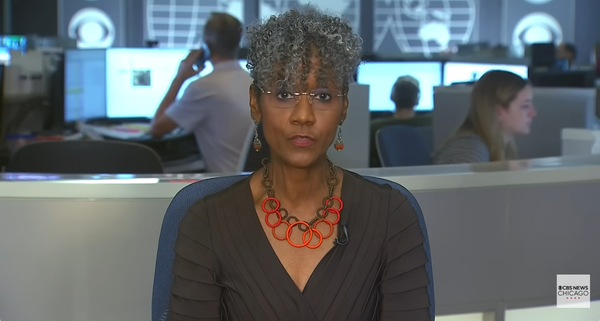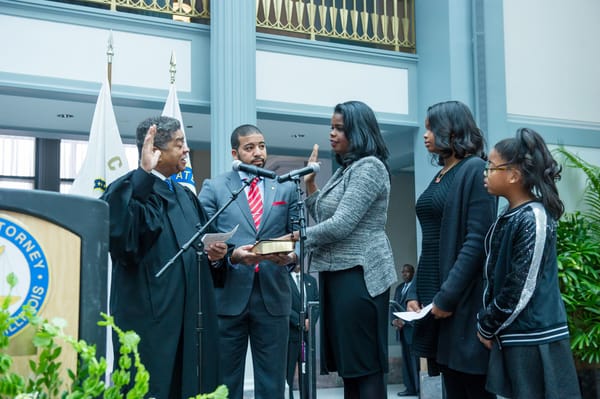Panel could reverse trial court judge's refusal to vacate conviction
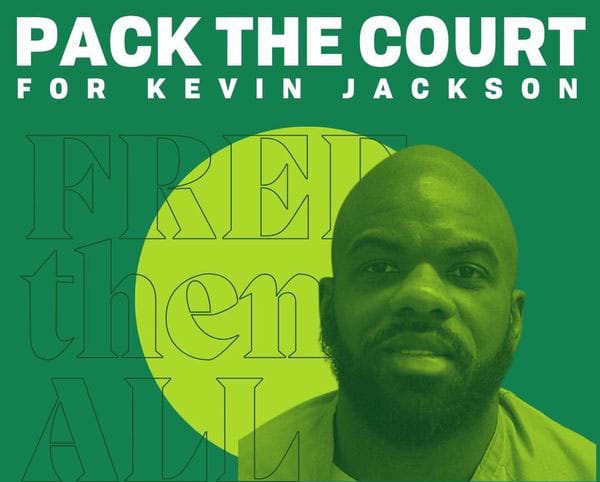
Supporters for Kevin Jackson quietly left the courtroom after listening to a three-judge appellate panel question oral arguments Tuesday over whether or not to free Kevin Jackson, who has spent more than half of his life in prison for a crime he and one of the victims says he didn't commit.
"I felt sad," said one family member. With the twists and turns of this case, they have good reason.
Attorneys for Jackson filed an appeal after a ruling in June 2024 from Jackson's most recent trial court judge who refused to overturn Jackson's conviction despite a special prosecutor's report advising of evidence of police misconduct during the investigation and a potential conflict of interest during Jackson post-conviction proceedings.
At issue in the appeal is whether or not the trial court abused its discretion by inserting its own judgement to uphold the conviction and 45-year sentence.
Jackson remains incarcerated despite a surviving witness who says the then 19-year-old was not the gun man who fired upon himself and two others at a CITGO gas station on Chicago's south side in which one man didn't survive.
Jackson has maintained that former Chicago police detective Brian P. Forberg, his partner John Foster and five other officers used coercive interrogation techniques to pressure him into signing a false confession. Those techniques also were used to secure false statements from witnesses, according to court documents.
All four witnesses recanted statements that implicated Jackson. The Cook County State's Attorney's Office has advised that it wouldn't seek to retry the case.
The appellate court decision could return Jackson to freedom and have a ripple effect on as many as 16 other post-conviction cases pending in the circuit court in which defendants have claimed Forberg coerced their confessions.
One of those post-convictions proceedings involves the case of Lester Owens who on that same day was in a courtroom across town. According to court documents Forberg and Kevin Eberle used the same techniques, including refusing to allow potential witnesses access to the restroom, to secure false witness statements that Owens fired a weapon in 2007 in Chicago's Woodlawn neighborhood resulting in a conviction and sentence of 24 years.
"Kevin Jackson's case could set the precedent of pattern and practice," Dod McColgan, co-chair for the Chicago Alliance Against Racist and Political Repression said Tuesday at the appeals court, which has been organizing on behalf of Jackson, Owens and the other detainees.
Forberg was married to an assistant state's attorney who worked with the post-conviction review unit. He retired from the CPD in October 2023 within days of a CBS News investigation.
The panel of judges can set any number of remedies, including order a new trial, Jackson's attorneys Brandon Clark of Saul Ewing LLP and Elizabeth Bacon of Brooks, Tarulis & Tibble LLC, said after the arguments.
In June 2024 an appellate court panel reviewing the case of George Anderson, whose coerced confession claim was supported by rulings of pattern of practice among a different group of detectives, reversed the circuit court, vacated Anderson's convictions and remanded it back to the circuit court for a new trial.
That appellate panel ordered a new judge be assigned to Anderson's case and prohibited prosecutors from using his written inculpatory statements in a new trial.
Stay tuned for updates.
